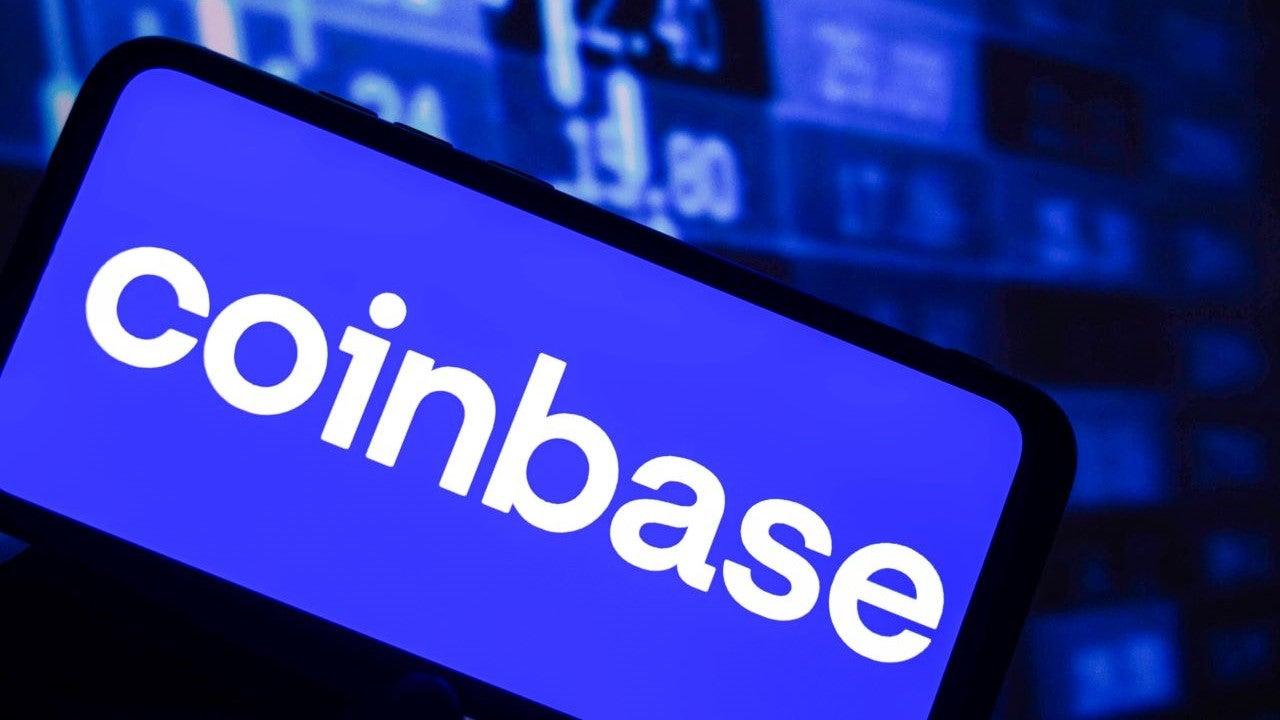Coinbase Wallet Launches Encrypted Messaging – Security Experts Sound the Alarm
Coinbase Wallet, the self-custody crypto wallet owned by the U.S. exchange giant, has introduced a new encrypted messaging feature, aiming to transform the app into a "super app" for Web3. However, cybersecurity experts warn that this move could unintentionally help scammers target users more effectively.
What’s New?
On Tuesday, Coinbase announced via X (formerly Twitter) that its wallet now supports end-to-end encrypted messaging using the XMTP protocol. The feature allows:
Private & group chats (similar to Telegram)
In-chat mini-apps (for seamless Web3 interactions)
The goal is clear: make crypto transactions and communications more seamless. But not everyone is convinced this is a good idea.
Security Experts Raise Concerns
Taylor Monahan, MetaMask’s lead security expert, accused Coinbase of failing to address ongoing scams and account takeovers—and warned that encrypted messaging could make things worse:
"Coinbase is building a convenient, encrypted communication channel for scammers to reach their audience."
This isn’t the first time Coinbase has faced criticism over security. Anonymous blockchain investigator ZachXBT has repeatedly highlighted the platform’s vulnerability to social engineering attacks, claiming:
"No other major exchange has this level of ongoing fraud issues."
Why Is This Risky?
While privacy-focused messaging sounds beneficial, experts fear:
Easier phishing – Scammers can impersonate support teams or trusted contacts.
More sophisticated fraud – Encrypted chats make it harder to track malicious actors.
No extra security layers – Unlike Telegram, Coinbase Wallet lacks reporting tools to flag scams.
Coinbase’s Silence
As of now, Coinbase has not publicly responded to these concerns. The company likely sees this as a step toward Web3 adoption, but critics argue it’s a dangerous gamble without stronger safeguards.
Final Thoughts
Encrypted messaging in wallets could be the future—but only if security keeps pace with innovation. Until Coinbase implements better scam prevention, users should stay vigilant and avoid engaging with unsolicited messages.
#Coinbase #CoinbaseWallet #CryptoScams #EncryptedMessaging #Web3 #Cybersecurity #Blockchain #CryptoNews #Phishing #XMTP #MetaMask #ZachXBT #Privacy
Coinbase Wallet, the self-custody crypto wallet owned by the U.S. exchange giant, has introduced a new encrypted messaging feature, aiming to transform the app into a "super app" for Web3. However, cybersecurity experts warn that this move could unintentionally help scammers target users more effectively.
What’s New?
On Tuesday, Coinbase announced via X (formerly Twitter) that its wallet now supports end-to-end encrypted messaging using the XMTP protocol. The feature allows:
Private & group chats (similar to Telegram)
In-chat mini-apps (for seamless Web3 interactions)
The goal is clear: make crypto transactions and communications more seamless. But not everyone is convinced this is a good idea.
Security Experts Raise Concerns
Taylor Monahan, MetaMask’s lead security expert, accused Coinbase of failing to address ongoing scams and account takeovers—and warned that encrypted messaging could make things worse:
"Coinbase is building a convenient, encrypted communication channel for scammers to reach their audience."
This isn’t the first time Coinbase has faced criticism over security. Anonymous blockchain investigator ZachXBT has repeatedly highlighted the platform’s vulnerability to social engineering attacks, claiming:
"No other major exchange has this level of ongoing fraud issues."
Why Is This Risky?
While privacy-focused messaging sounds beneficial, experts fear:
Easier phishing – Scammers can impersonate support teams or trusted contacts.
More sophisticated fraud – Encrypted chats make it harder to track malicious actors.
No extra security layers – Unlike Telegram, Coinbase Wallet lacks reporting tools to flag scams.
Coinbase’s Silence
As of now, Coinbase has not publicly responded to these concerns. The company likely sees this as a step toward Web3 adoption, but critics argue it’s a dangerous gamble without stronger safeguards.
Final Thoughts
Encrypted messaging in wallets could be the future—but only if security keeps pace with innovation. Until Coinbase implements better scam prevention, users should stay vigilant and avoid engaging with unsolicited messages.
#Coinbase #CoinbaseWallet #CryptoScams #EncryptedMessaging #Web3 #Cybersecurity #Blockchain #CryptoNews #Phishing #XMTP #MetaMask #ZachXBT #Privacy
Coinbase Wallet Launches Encrypted Messaging – Security Experts Sound the Alarm
Coinbase Wallet, the self-custody crypto wallet owned by the U.S. exchange giant, has introduced a new encrypted messaging feature, aiming to transform the app into a "super app" for Web3. However, cybersecurity experts warn that this move could unintentionally help scammers target users more effectively.
What’s New?
On Tuesday, Coinbase announced via X (formerly Twitter) that its wallet now supports end-to-end encrypted messaging using the XMTP protocol. The feature allows:
Private & group chats (similar to Telegram)
In-chat mini-apps (for seamless Web3 interactions)
The goal is clear: make crypto transactions and communications more seamless. But not everyone is convinced this is a good idea.
Security Experts Raise Concerns
Taylor Monahan, MetaMask’s lead security expert, accused Coinbase of failing to address ongoing scams and account takeovers—and warned that encrypted messaging could make things worse:
"Coinbase is building a convenient, encrypted communication channel for scammers to reach their audience."
This isn’t the first time Coinbase has faced criticism over security. Anonymous blockchain investigator ZachXBT has repeatedly highlighted the platform’s vulnerability to social engineering attacks, claiming:
"No other major exchange has this level of ongoing fraud issues."
Why Is This Risky?
While privacy-focused messaging sounds beneficial, experts fear:
🔴 Easier phishing – Scammers can impersonate support teams or trusted contacts.
🔴 More sophisticated fraud – Encrypted chats make it harder to track malicious actors.
🔴 No extra security layers – Unlike Telegram, Coinbase Wallet lacks reporting tools to flag scams.
Coinbase’s Silence
As of now, Coinbase has not publicly responded to these concerns. The company likely sees this as a step toward Web3 adoption, but critics argue it’s a dangerous gamble without stronger safeguards.
Final Thoughts
Encrypted messaging in wallets could be the future—but only if security keeps pace with innovation. Until Coinbase implements better scam prevention, users should stay vigilant and avoid engaging with unsolicited messages.
#Coinbase #CoinbaseWallet #CryptoScams #EncryptedMessaging #Web3 #Cybersecurity #Blockchain #CryptoNews #Phishing #XMTP #MetaMask #ZachXBT #Privacy



